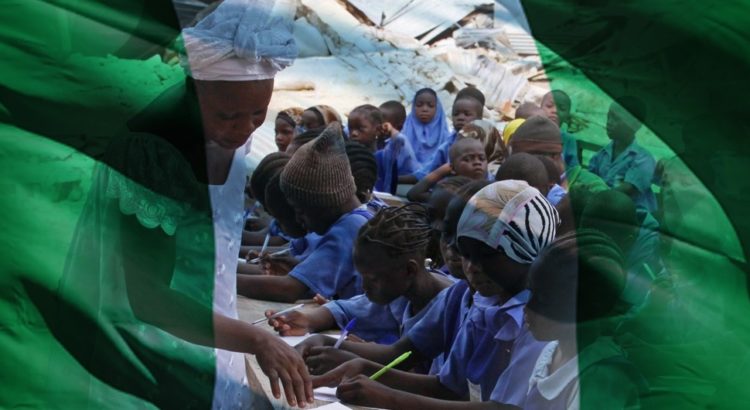Resumen: La solicitud de Liberia de maestros nigerianos en virtud del acuerdo del Cuerpo de Asistencia Técnica ha sido recibida con la condena de las uniones educativas de las autoridades nigerianas, argumentando que Nigeria misma está luchando por brindar una educación de calidad. Los sindicatos de educación de Nigeria han destacado la escasez de docentes de su país y la dificultad para garantizar una educación de calidad. La reacción fue provocada por una solicitud de más de 6.000 maestros del recién inaugurado presidente de Liberia, George Weah, durante una visita de cortesía al presidente de Nigeria, Muhammadu Buhari. Weah dijo que los problemas heredados por su gobierno solo podrían abordarse con ayuda de países como Nigeria. El presidente de Liberia identificó el desempleo juvenil y la necesidad de reactivar los sectores de educación, agricultura, minería y salud como algunos de los problemas urgentes que enfrenta su país. Le dijo a su homólogo nigeriano que «su asistencia técnica sostenida para el desarrollo de capacidades en estos sectores es bienvenida».Más específicamente, en el marco del programa de Intercambio Bilateral de Maestros, estamos buscando 6.000 maestros más para compensar la escasez de buenos maestros en nuestro sistema educativo «.
Liberia’s request for Nigerian teachers under the Technical Assistance Corps agreement has been met with condemnation of the Nigerian authorities by education unions, arguing that Nigeria itself is struggling to deliver quality education.
The Liberian president identified youth unemployment and the need to revive the education, agriculture, mining and health sectors as some of the urgent problems facing his country. He told his Nigerian counterpart that “your sustained technical assistance for capacity building in these sectors is most welcome.
More specifically, under the Bilateral Teacher Exchange programme, we are seeking 6,000 more teachers to make up for the shortage of good teachers in our educational system.”
NUT: Address issues at home
The Nigeria Union of Teachers (NUT) insisted that “the country does not have enough teachers to go around and the union has still not come to an agreement with the government over the issue of salaries”.
In fact, Nigeria still needs to find a solution concerning 25,000 teachers in Kaduna, in North-West Nigeria, who were fired because they could not pass tests the government forced them to take, said Kalaama Toinpre, Chairman of the Bayelsa State NUT branch.
The Nigerian government should employ quality teachers in schools without such teachers, take adequate care of its teachers, and tackle the myriad of problems undermining the education sector, instead of sending Nigerian teachers work abroad, he added.
“Our schools are suffering; even some subjects do not have teachers. The country cannot take adequate care of its teachers and they are talking about sending them abroad to teach,” he said.








 Users Today : 31
Users Today : 31 Total Users : 35460162
Total Users : 35460162 Views Today : 47
Views Today : 47 Total views : 3418830
Total views : 3418830